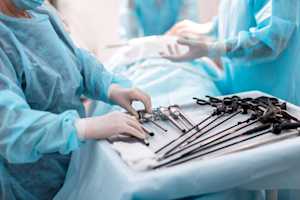Laura Ahola
Medical Devices
MSc in Neuroscience & Physiology, Biology

Laura Ahola works at Measurlabs as a medical device testing expert, specializing in sterility, toxicity, and biocompatibility testing. She has experience coordinating customer projects to meet both EU MDR and FDA 510(k) requirements.
Laura holds an MSc in neuroscience & physiology from the University of Helsinki, and she has also qualified and worked as a biology teacher before joining Measurlabs.
Articles in other media
Laura has authored the following articles for medical industry publications:
How to perform medical device sterility testing by EU and FDA requirements in Med-Tech Innovation News (Nov 2024)
MDR Compliance: Choosing the Right Testing Methods in Lab Worldwide (July 2024), co-authored by Elina Tenhunen
Laura’s latest articles in our blog
ISO 10993-1:2025 – Key changes at a glance
The new version of ISO 10993-1 may lead to additional testing requirements for certain devices, particularly with regard to genotoxicity and carcinogenicity.
Keep reading >
Biocompatibility testing of medical devices according to ISO 10993
Some biocompatibility testing according to ISO 10993 is typically needed to bring new medical devices to market in the EU and the US.
Keep reading >
